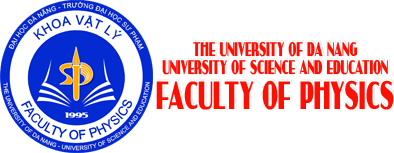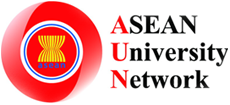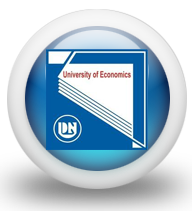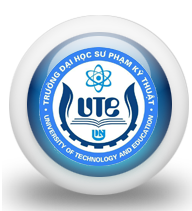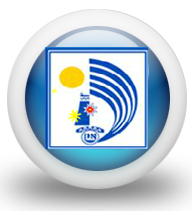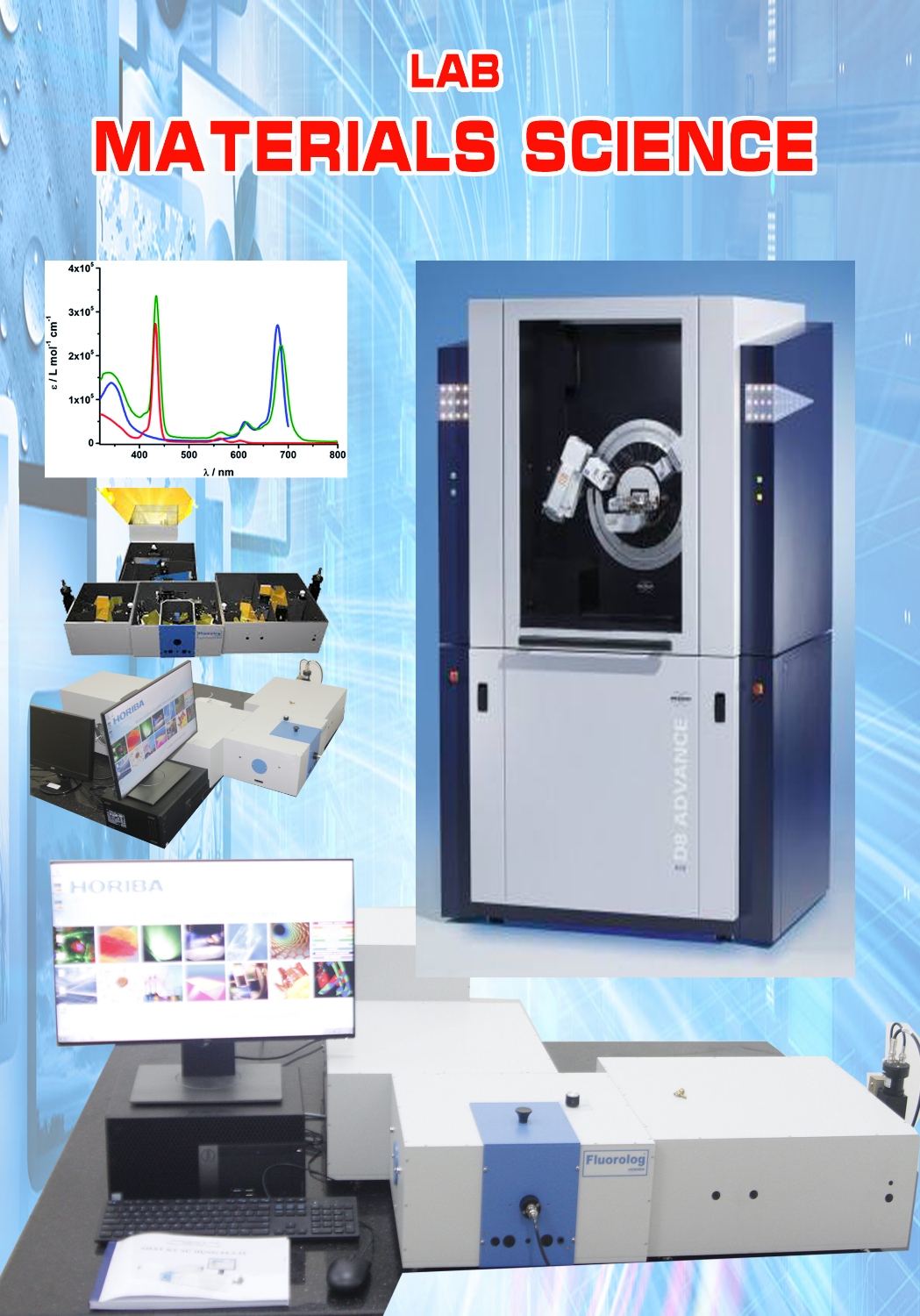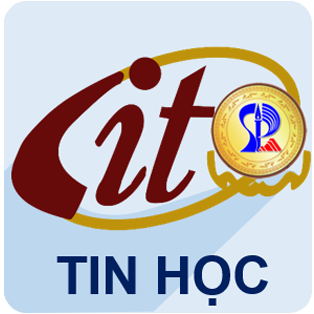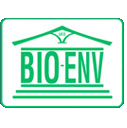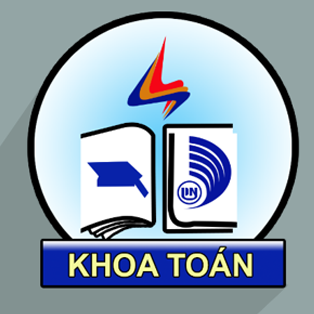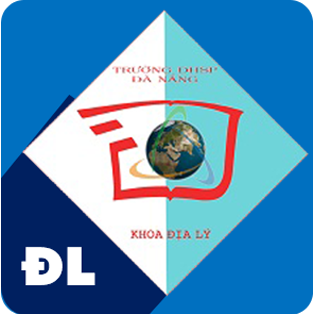Nagaoka University of Technology

Objectives of the University

The remarkable strides made in Japanese science and technology over the last few decades have been accompanied by no less outstanding achievements by Japanese industry. The time has already arrived in which there is the need for a new approach to science and technology, one that can facilitate the formation of a positive, balanced, and supportive relationship between man’s environment and the progress and needs of industry.
This vital goal requires the training of a new generation of engineers, steeped in practical expertise and a creative approach to the tasks they are faced with Nagaoka University of Technology was founded for the purpose of this important undertaking. As such, it is a university that places its greatest emphasis on graduate-level education.
Basic Philosophy
Nagaoka University of Technology aims to establish itself as an indispensable member of global society, a university which creates GIGAKU with a proactive approach to societal change, produces engineers with practical, creative capabilities and a spirit of service who will lead society into the future, and places emphasis on graduate-level education.
About motto VOS in a university
V is Vitality
O is Originality
S is Services
Distinctive Features
Undergraduate Program
Under the university's innovative system of engineering education, undergraduate students are admitted as juniors (third year students) and freshmen(first year students). We mainly accept technical college graduates as juniors; we also accept graduates of technical as well as general high schools as freshmen. Another feature of our admission policy is that many successful applicants are admitted solely on the basis of recommendations from their schools. We also accept international students in the twinning program as juniors.
Master's Program
Among the unique aspects of the education provided by Nagaoka University of Technology is an integrated curriculum that provides a unified course of study that begins in the undergraduate years and continues systematically through graduate studies. The master's program aims to train people who will become leaders in the fields of engineering and science, and who will be capable of successfully addressing the needs of an increasingly complex society. The program places special emphasis on the development of a high level of knowledge, extensive practical experience and expertise, and originality.
Doctoral Program
Our integrated curriculum extends to the doctoral program, as well. The doctoral program emphasizes the development of highly capable people who possess a broad perspective and flexible, creative thinking ability. The program aims to train engineers and researchers who can advance in their academic pursuits while at the same translating the results of their work into practical applications, such as the creation of new technologies.
Jitsumu-Kunren(Internship)
One of the aims of the university is to develop future engineers who will play a leading role in their chosen fields. Preparation for this requires rigorous academic training and a lengthy period of practical experience, gained by going into society and working in close contact with professionals on a daily basis. The university's undergraduate curriculum, deeply committed to practical experience gained outside the classroom, requires seniors (fourth year students) to spend up to five months working in private enterprises, government agencies, and elsewhere.
Development of Leading Engineers
The university provides common classes to every student in order to foster their management skills and establish cultural, social, and international knowledge. This is consistent with the university's goal of graduating talented people who are not only highly competent in their respective fields but also capable of undertaking effective organizational leadership.
Continuing Education
The university is committed to actively responding to the social need for continued educational opportunities at the advanced level. As such, the university welcomes those who have already earned degrees at technical colleges or universities and have already embarked on careers. In April 2006, the University established Professional Graduate School ‘System Safety’.
Cooperation with Private Enterprises and Government Offices
The university is actively working in close cooperation with private enterprises and government offices for the purpose of solving the practical problems in industries or local communities. The university also energetically promotes cooperative research projects carried out by matching appropriately the technical and scientific knowledge of the university with demands of local communities and industries, and seeks to create new technologies or new products while researchers and government officers concerned with the project perform their parts most effectively and cooperatively as to the purpose. Head Office for Industry-Academia -Government-Regional Collaboration and Intellectual Property has been established due to sum up this activity and encourage it systematically.
International Students
The university has been pursuing international exchanges with universities and research institutes all over the world. The university has concluded about 100 Academic and Educational Cooperation Agreements and developed various international collaborative education programs including twinning programs. Currently about 300 international students from about 30 countries and regions are studying at the university. This corresponds to about 12 % of all the students at the university, which is a considerably high ratio among Japanese universities. At the same time, the university has been providing opportunities for overseas experience to Japanese students, including overseas internships.
Top Runner Incubation Center for Academia-Industry Fusion Training System
Top Runner Incubation Center for Academia-Industry Fusion Training was established to raise researchers of the world’s highest level, namely Academia-Industry Fusion Top Runners. Young researchers invited from all over the world are trained as researcher-educator through independent researches in ideal environment and the participation in university education. The Academia-Industry Fusion Top Runners are capable of both education and creative researches directly lead to commercialization.
Trilateral Collaboration Project (Nagaoka University of Technology – Toyohashi University of Technology – Institute of National Colleges of Technology)
Nagaoka University of Technology, Toyohashi University of Technology and Institute of National Colleges of Technology started “Trilateral Collaboration and Educational Reformation Project – Cultivation of Practical, Innovative and Global Engineers” (Project for Promoting National University Reformation by Ministry of Education, Culture, Sports, Science and Technology). The objective of this project is to promote the educational reformation in order to cultivate innovation-oriented engineers who can work practically and globally as well as have international competitiveness to activate a local industry by utilizing a Government-Industry-Academia Collaboration Campus.
Admission Policy
◇School of Engineering and Graduate School of Engineering
[ Undergraduate and Graduate Schools ]With the focus on what we call the "VOS" concept ("Vitality", "Originality" and "Services to society"), in order to train students to become leading international engineers and researchers with practical and creative capacity, we provide an educational system whose curriculum integrates the undergraduate and graduate levels. We invite students with the following various backgrounds :
- 1.students who have a strong interest in technology and science, and the basic academic ability required for it
- 2.students who are rich in humanity and have a strong sense of responsibility and sincerity
- 3.students who have a desire to contribute to society through technology and science
- 4.students who have a desire to tackle learning and research positively on their own initiative
- 5.students who have a desire to develop a new field, create a new theory and engage in productive activities
- 6.students who have a desire to display their unique strengths
Our program focuses on what we call the "VOS" concept ("Vitality", "Originality" and "Services to society"), in order to train students to become leading international engineers and researchers with practical and creative capacity. To this end, we invite students with the following various backgrounds :
- 1.students who have a desire to research technology and science more deeply
- 2.students who have a desire to develop a new field, create a new theory and engage in productive activities
- 3.students who have an international perspective and aim at study with global implications
- 4.students who have a desire to display their unique strengths
- 5.students who have a desire to engage in challenging and original research
- 6.students who are rich in humanity and seek to contribute to human happiness
◇Graduate School of Management of Technology
[ Professional Degree Course ]Our program focuses on what we call the “VOS” concept (“Vitality”, “Originality” and “Services to society”), in order to educate students to become leading international engineers and researchers with practical and creative capacity. To this end, we invite students with the following various backgrounds:
- 1.students who have a desire to contribute to society as a professional through technology and science
- 2.students who have a desire to study technology and science intensely as well as to practice such skills and knowledge
- 3.students who have an international perspective and aspire to becoming a professional on a global scale
- 4.students who are rich in humanity and have a strong sense of responsibility and sincerity
- 5.students who have a desire to develop a new field, create a new theory and engage in productive activities
- 6.students who have a desire to display their unique strengths
Diploma Policy (Policy on Degree Conferment)
Bachelor Program
The vision of human resources development for which Nagaoka University of Technology aims is leading engineers who have a high level of practical and creative ability capable of the global deployment of technology. To this end, the bachelor program has set the following four clauses as goals that students achieve through widely diverse learning opportunities, including liberal arts subjects, foreign language subjects, basic specialized subjects, and specialized subjects as well as extracurricular activities inside and outside of the university.
- Acquisition of the concepts and techniques of science and mathematics that support technology, and the formation of qualities capable of understanding technology from perspectives of life, humanity, and society.
- Acquisition of language and logical thinking abilities that form the foundation of understanding, thinking, expression, and dialogue, and the formation of qualities that enable consideration of the effects of technology on safety, environment, and culture.
- Acquisition of capabilities of making full use of basic knowledge and skills specialized in the various fields of technological science.
- Acquisition of the basic ability of technical communication in English, and the formation of qualities capable of producing a cosmopolitan mode of thinking and cooperation on an international team.
A bachelor’s degree is conferred on students who have acquired the number of credits necessary for graduation by studying lectures, seminars, and experimental and practical subjects that are provided for the goals, and completing an internship, or project study.
Master’s Program
The vision of human resources development for which Nagaoka University of Technology aims is leading to the growth of engineers who have high levels of practical and creative ability capable of the global deployment of technology. To this end, the master’s program has set the following four clauses as goals that students achieve through widely diverse learning, including major subjects, common subjects, and research guidance as well as extracurricular activities inside and outside of the university.
- Acquisition of abilities making one capable of full use of high levels of specialized knowledge and skills in various fields of technological science
- Acquisition of abilities making one capable of understanding technology from perspectives of life, humanity, and society, and the formation of qualities that support understanding of technologies combined multiple specialist fields and having the ability to create new ideas in technological science flexibly from many development perspectives.
- Acquisition of abilities making one capable of considering the effects of technology on safety, environment, and culture, and the formation of qualities that can support penetration into global trends of society and industry and which can support the exercise of strategic technology management.
- Acquisition of abilities making one capable of having a cosmopolitan mode of thinking, and the formation of qualities enabling competition internationally in a fair manner as a leading international engineer.
A master’s degree is conferred on students who have acquired the number of credits necessary for completion after studying lectures, seminars, and experimental and practical subjects that are provided for professional goals, and who have passed the master’s thesis examination.
Reader Comments
Newer articles
